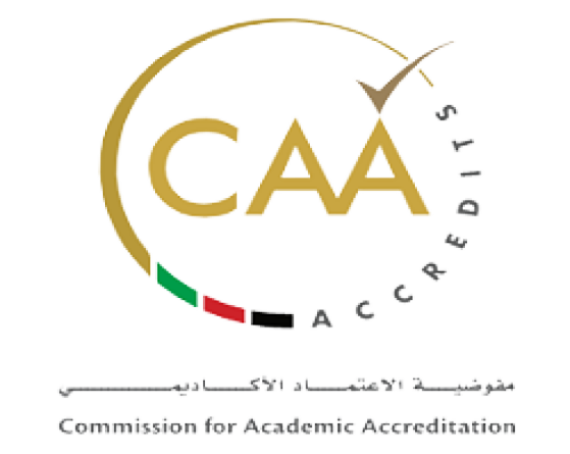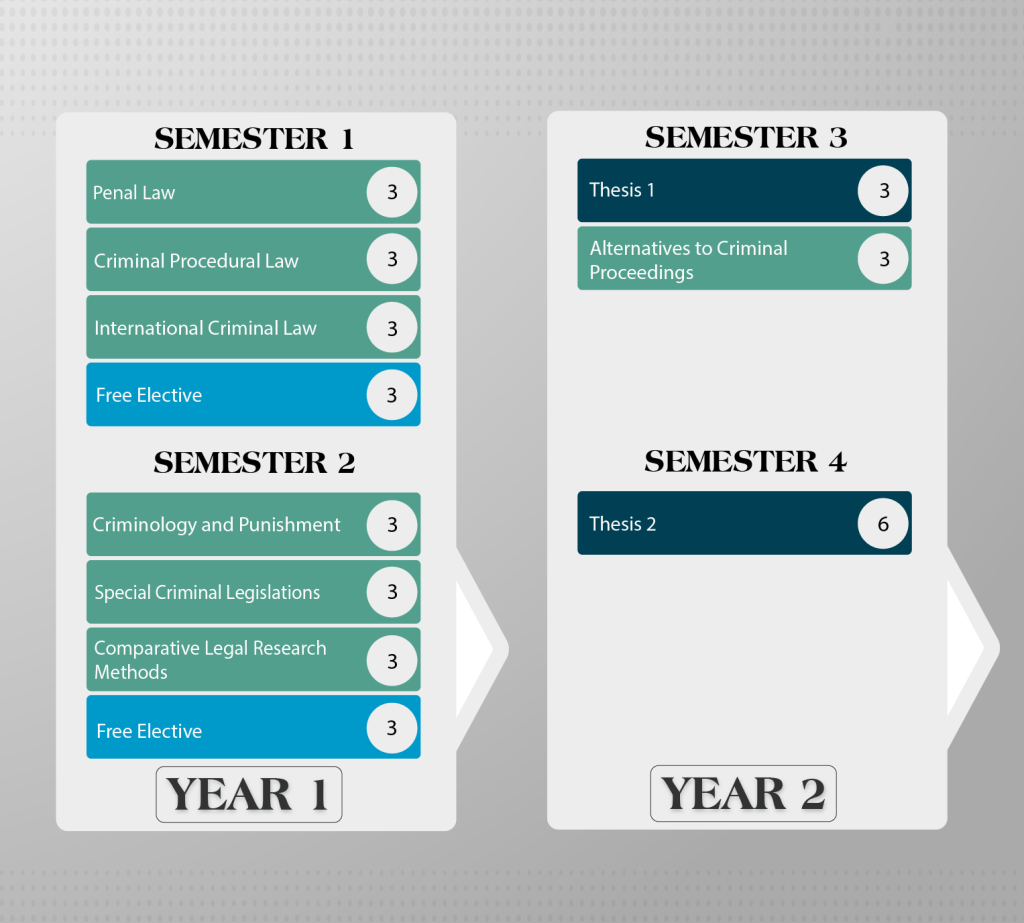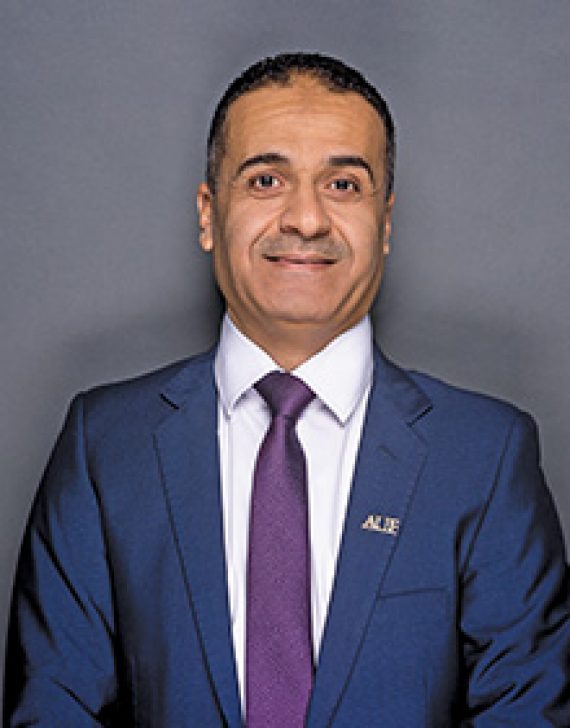Master in Criminal Sciences
This program specializes in one of the most important branches of law, and is characterized by its focus on topics related to criminal law. The specialization qualifies students to work in the field of investigations, public prosecutions, criminal courts, criminology and penal sciences.
Graduates from this program will be able to work in the following fields/careers:
- Public Prosecution
- The Judiciary
- Legal Practice
- Criminal Investigation
- Meeting needs of the local and regional market for experts and specialists in the various fields of criminal sciences.
- Developing scientific research in the field of criminal sciences in accordance with the effective legal rules in UAE through supporting the Master’s theses, and emphasizing on comparative analytic studies.
- Establishing a legal center specialized in Gulf legal studies in the field of criminal sciences to contribute in preparation of Master’s students in this field.
- Supporting the criminal sciences and making the academic program as the axis of the criminal sciences development in UAE and GCC countries through providing consultations, holding academic and occupational conferences for the stakeholders within the social service framework.
- Explain the regulations and knowledge of criminal sciences in depth.
- Evaluate contemporary knowledge in a critical and constructive manner in accordance with recent developments in Criminal sciences.
- Analyze issues related to practical reality to propose solutions that are practically applicable according to the skills acquired in the field of Criminal sciences.
- Apply creative and critical thinking methods through independent self-learning skills.
- Deduce legal solutions in cases with a legislative void in the academic and professional fields through a comparison between national and international legal texts in the field of criminal sciences.
- Organize leadership of the work team to solve relevant legal problems in the field of Criminal sciences to propose appropriate solutions.
- Prepare scientific research according to legal research methods in the fields of criminal sciences.
ADMISSION REQUIREMENTS
GRADUATION REQUIREMENTS
For graduate degree completion, graduate students must satisfy the following requirements:
- Earn a minimum CGPA of 2.00 on a scale of 4.00.
- Successfully complete all courses as described in the study plan.
- The Degree Completion requirements must be met within the timeframe of the program.
- Successfully complete the “Thesis” course.
ACCREDITATION
PROGRAM STRUCTURE
Course Category
Total Number of Courses
Total Number of Credit Hours
Core Courses
7
21
Free Electives
2
6
Thesis 1
1
3
Thesis 2
1
6
Total
Total Hours 36
FEE STRUCTURE
Last Updated on October 7, 2024
CORE COURSES
7 COURSES | 21 CREDIT HOURS
The course introduces the students to the general theory of crime in UAE law and comparative laws, as well as the general theory of criminal sanction and the philosophy of criminal policy.
The course also covers the general principles of crime, as well as types, elements and penalties of crimes.
Students will study in depth of one or more topics of the penal law, including Incomplete crime , criminal intention, legitimate defense, criminal contribution, contraindications to criminal responsibility, causes of non- responsibility, individualization of punishment in legislation and the judiciary and the most important amendments and problems in the UAE and comparative laws.
The course introduces the students to the provisions relating to the conduct of the criminal case, the cases arising from the crime, and the stages of the criminal case.
The course also covers the definition of criminal defenses based on the criminal procedural law, defenses related to public order, defenses related to lack of jurisdiction, defenses related to crime, preemptory defenses, substantive defenses, and practical applications from the reality of judicial rulings in the UAE and comparative judiciary.
The course introduces the students to international criminal law, specifically international crimes, whether genocides, crimes against humanity, war crimes, or aggression.
This course also covers the role of the international criminal courts, whether the permanent or special international criminal court, with a focus on the rulings issued by those courts or cases that are currently before them.
The students will understand the role of the UN Security Council in moving the criminal case before the Permanent International Criminal Court.
The course provides an in-depth study of criminology and punishment, through which the scientific theories of criminology are compared with contemporary criminal systems with a focus on the UAE Penal Code through an in-depth study of topics in both the concepts of crime and the criminal and its impact on the process of criminalization, criminal seriousness, identification of criminal factors and methods of prevention. Including, the relation between human persons and their criminology, the interpretation of the criminal phenomenon, and the scientific theories that explain criminal behavior.
This course also deals with the study of the science of punishment with in-depth scientific theories of the science of punishment and their impact on contemporary penal systems, in addition to the rules of the general theory of criminal punishment in UAE law and its comparison with contemporary criminal systems.
Studying contemporary problems of criminal sanctions according to their purposes and means of implementation, punitive treatment of convicts, alternative penalties in UAE law, and comparative laws and their role in Reducing the criminal phenomenon, and individualizing the punishment.
The course covers several topics that enable the student to understand the definition of the new private criminal legislations, its legal identity, and the difference between it and the traditional criminal laws through knowledge of its provisions.
The course also covers the legislative applications of these laws by addressing some forms of these legislations as information technology crimes in the UAE legislation and judiciary and comparing them with the legislation and the rulings of the comparative judiciary.
The course introduces the students to the foundations and methods of research and help them understand sources and tools for collecting scientific data, principles of legal writing, and the rules of comparison between the current legal systems (Islamic law, Latin system and Anglo-American system).
The students are assigned to prepare a legal research using the approved research methods and then present it to his colleagues.
FREEELECTIVES
2 COURSES | 6 CREDIT HOURS
First Group
The student chooses one 3 Credit Hours course from the following courses
The course helps the students understand the relationship between human rights and national and international criminal law, as well as the rights and guarantees of both the accused and the victim at the level of objective penal rules in terms of determining the policy of criminalization and punishment and its relationship to human rights.
Also, the course covers the relationship between human rights and criminal procedural rules, such as the guarantees of the accused in all stages of criminal procedures, such as evidence, investigation, and trial, whether before national or international courts.
This course introduces the students to the economic criminal law, and the rules of criminal protection in the UAE law by focusing on some relevant special criminal legislation with an in-depth study in comparison to the contemporary legal systems.
The course enables the students to understand the elements of economic crimes, the historical development of the intervention of punitive laws in the field of economy, the content of the economic law, and the extent to which criminalization and punishment are linked to the philosophy followed by the state in the economic field, and economic crime.
Second Group
The student chooses one 3 Credit Hours course from the following courses
• Evidences obtained from electronic means within the framework of the theory of Proof in comparative legislations.
• Modern scientific methods of proof under the theory of criminal proof comparative study
• The Power of the criminal judge in assessing the modern proof in comparison to the contemporary legal systems.
• Impact of proof by modern technical means on human rights.
• Any other specialized topics.
This course focuses on the role of the victim in the criminal proceedings, and the management of the criminal case at all stages of the criminal proceedings. This appears in the statement of the role and rights of the victim when carrying out some investigation procedures, in addition to his role in initiating the criminal case, whether by direct claim or through a complaint, as well as the victim’s role in the expiration of the criminal case.
The course also covers the role of the victim at the trial stage, and his right to request compensation for the damages of the crime before criminal or civil courts.
THESIS
2 COURSE | 9 CREDIT HOURS
Students in this course will work with their thesis supervisor to develop a thesis proposal and begin their distinctive, applied research project. The primary goal is for the student to practice the mechanisms of transitioning from concept to active inquiry. Depending on the nature of the topic, the student will develop a study questions, conduct a literature review, develop a methodological approach, and begin preliminary research. Students are expected to apply qualitative, quantitative, and comparative research approaches to the chosen topic.
In this course, students will continue developing their thesis project, revising techniques (if required), addressing challenges, analyzing findings, and eventually articulating the complete experience. Students will build on work from the previous semester and put all of the pieces together to complete the final thesis project, following the required research process and procedures. Students will be required to provide a verbal defense as part of the assessment and fulfilment of the course.
ATTENDANCE
WEEKEND CLASSES
Sat – Sun | From 2:00 pm – 5:00 pm
WEEKDAY CLASSES
Mon – Wed | From 5:00 pm – 8:00 pm




